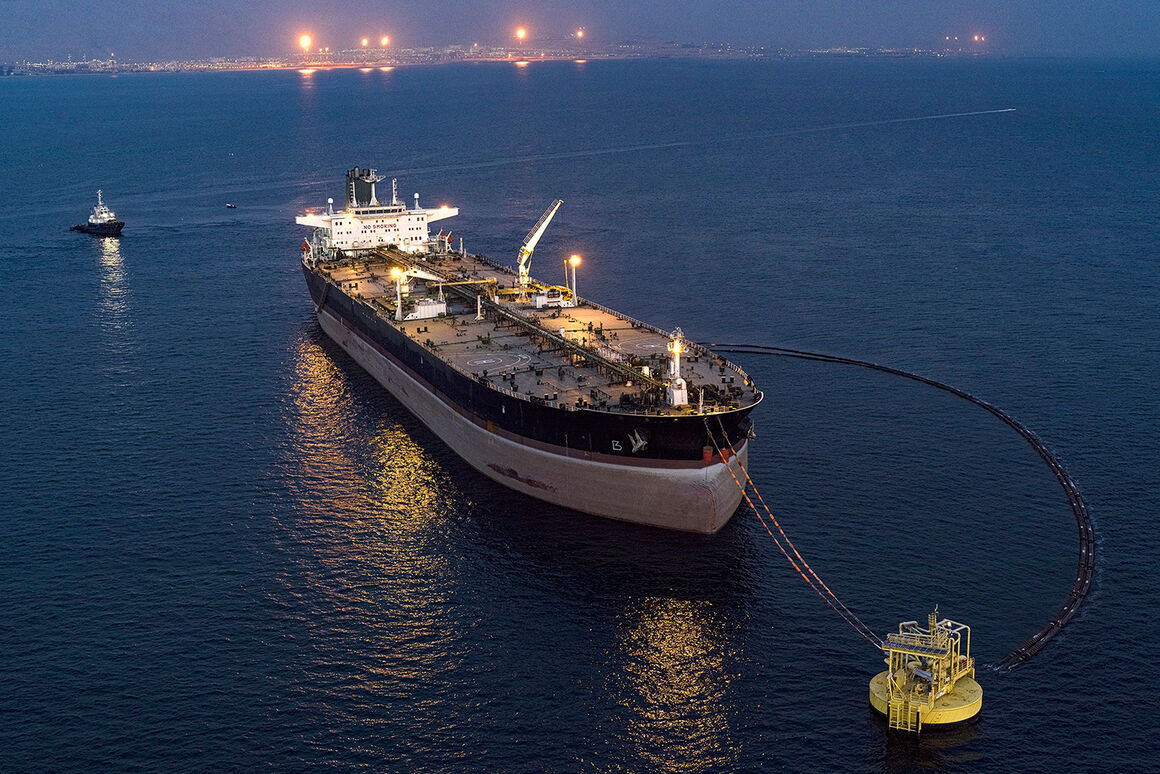But US sanctions imposed on Cuba bar American and top European companies from investing in this country’s huge oil and gas reserves. A brief review of Cuba’s energy profile and Iran’s progress in technical and engineering sectors indicate that the two countries enjoy significant potential for developing energy cooperation.
Energy status
Oil and natural gas account for nearly 80% of Cuba’s energy mix. It consumes about 145 tb/d of oil at refineries, power plants, industrial plants, gas stations, airports and households. Cuba is estimated to hold 124 million barrels of crude oil. Cuba has seen its crude oil production drop by a half due to US sanction and lack of investment and cutting edge technology. In 2015, Cuba produced over 104 tb/d of oil, which was sharply down to 50 tb/d in 2018. Therefore, Cuba had to purchase crude oil from its allies like Venezuela. But when Venezuela also saw its oil output fall in 2016, exports to Cuba were affected, leading to fuel shortage in the latter. According to a 2000 agreement signed between Caracas and Havana, Cuba settled Venezuelan oil imports by providing medical services, dispatching sport trainers and even advisors to that country. By 2015, Venezuela was supplying about 90 tb/d of crude oil to Cuba, but US sanctions on Venezuela in 2017 resulted in an output fall there. Venezuela, however, sought to help Cuba even in the midst of sanctions. It is currently exporting 55,300 b/d of crude oil and fuel to Cuba, which is below the decade-long average.
US sanctions on Venezuela not only affected Cuban crude oil imports, but also caused difficulties to Havana in terms of gasoline, gasoil, fuel oil, lubricant and cooking gas consumption, specifically because it was difficult for Cuba to offset its fuel shortage with imports at market prices as it lacks sufficient budget for that purpose. That is why Cuba has, over recent years, adopted austerity measures like limiting public lighting and switching off air conditioning at government offices.
Iran-Cuba cooperation
Common positions on global issues have led to seeing Iran and Cuba as allies. Tehran-Cuba ties bear proof to this, as both sides are making big efforts to upgrade their ties particularly in the economic sector. Although Tehran-Cuba trade has never hit a significant level, political relations between them may clear the way for further commercial cooperation. Energy is one of the most important sectors in which Iran and Cuba are interested to cooperate in. Iran is among the world’s largest oil and gas holders and producers, while Cuba is facing daily increasing demand for energy. Given the present circumstances, Iran and Cuba may cooperate in two sectors pertaining to energy issues. The first area for cooperation could be Iran’s oil and petroleum products export to Cuba. Given Cuba’s dependence on energy imports, Iran could be instrumental. Cuba is seeking to make up for its fuel shortage through imports from Venezuela, but increased global prices due to the Russia - Ukraine tension and Havana’s insufficient fund have brought up challenges for Cuba. Due to their close and deep-seated ties, Iran and Cuba can resort to bartering trade. Cuba can meet Iran’s needs in some areas like agricultural products, cereals and animal feed. It would be interesting to recall that Iran and Cuba jointly produced the PastoCovac vaccine during the COVID-19 pandemic.
The second area of cooperation could be Iran’s involvement in exploration, extraction and renovation in Cuba’s petroleum industry. Iran’s progress in the oil, gas and petrochemical sectors could be of help to Cuba. Havana intends to reach new agreements with foreign investors on oil exploration and extraction in its Exclusive Economic Zone in the Gulf of Mexico. Cuba’s need for foreign investment and state-of-the-art technologies for oil exploration and extraction could provide Iran with a proper opportunity to make a significant and effective presence in Cuba’s petroleum industry thanks to its progress over recent years. Iran’s successful experience in exporting technical and engineering services in the petroleum industry to Venezuela and Nicaragua has added to demand for this sector.
Cuba can definitely benefit from Iran’s engineering experience in oil exploration and production. Furthermore, investment in Cuba’s energy sector could provide Iran with a proper opportunity, as it would neutralize US sanctions against both nations, and add to Tehran’s political and economic clout with Latin America.
Iran Petroleum


Your Comment